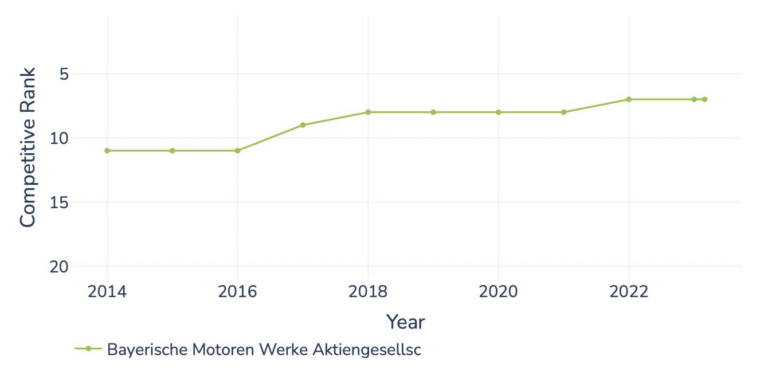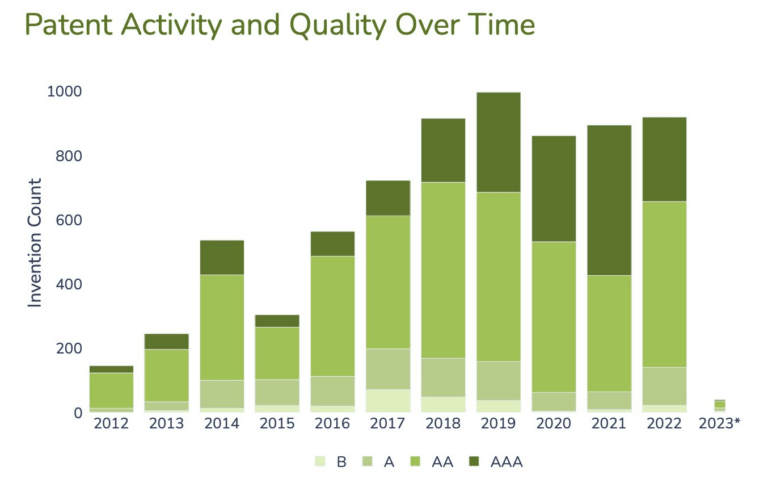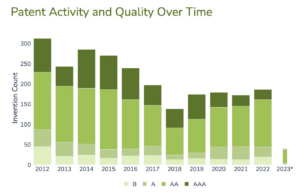The dispute over the video platform reveals that the battle for the Internet between the USA and China is already in full swing. The big question: what is Europe doing?
A few months ago, Tiktok was a phenomenon in schools and children’s rooms, today the video app from China is a political issue. Whether the US business will ultimately go to Microsoft or has to be discontinued – one thing is certain, after Donald Trump’s threats, it is clear to everyone: the times when Chinese companies could do business worldwide without hindrance are definitely over. The US government’s mistrust of US kids’ data is the latest chapter in a dispute that will determine the future of the Internet.
China has long excluded US corporations such as Google and Facebook. For months now, the USA has been pulling out all the stops to hinder the Chinese market leader Huawei in the 5G issue. With Tiktok, the Americans are now targeting a pure software manufacturer for the first time. Security experts fear that the more than 160 million users in the USA will become spies for China if sensitive data is transmitted from smartphones to Beijing.
The world will probably have to adjust to the fact that there will be at least 2 Internets as long as the USA and China see themselves as geopolitical opponents. On the one hand, Chinese hardware and software, which thanks to low prices will probably continue to be used in Asia and Africa. On the other hand, solutions from the USA and Europe, which ensure that the communist party will not have access to sensitive data and infrastructure.
USA on one side, China on the other – Europe is caught in between. The governments in Germany and France need access to the Chinese market, but they are getting more and more pressure from the USA to support sanctions and bans like in the case of Huawei. The Europeans are probably trying to delay final decisions on Tiktok, Huawei and Co until a new US president sits in the White House next year. A democratic administration is also likely to continue the tough course against China – but maybe trying to win the EU as a partner. A much more comfortable position than today, when Donald Trump is trying to push through his demands with threats, tariffs and sanctions.
But one thing should be clear to those responsible in Paris, Berlin and Brussels: In the medium term it will be essential for the EU to develop its own digital infrastructure. Data lines, cloud storage and chips are so important that they cannot be exposed to the duel between China and the USA if you don´t want to become the plaything of the great powers geopolitically. With Gaia X the foundation stone has been laid.



